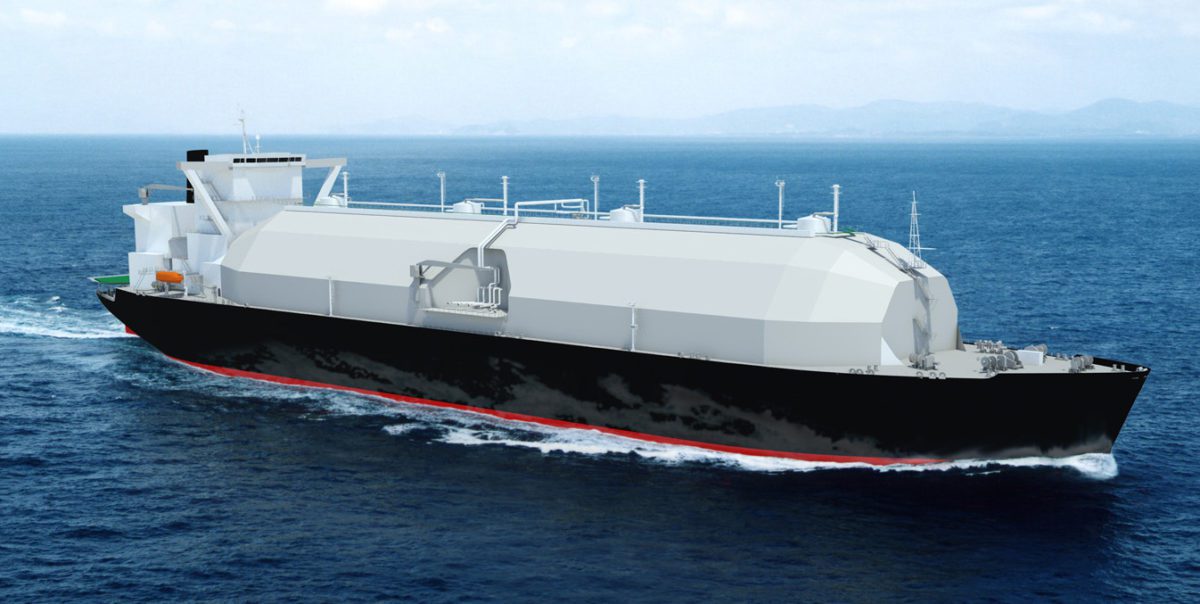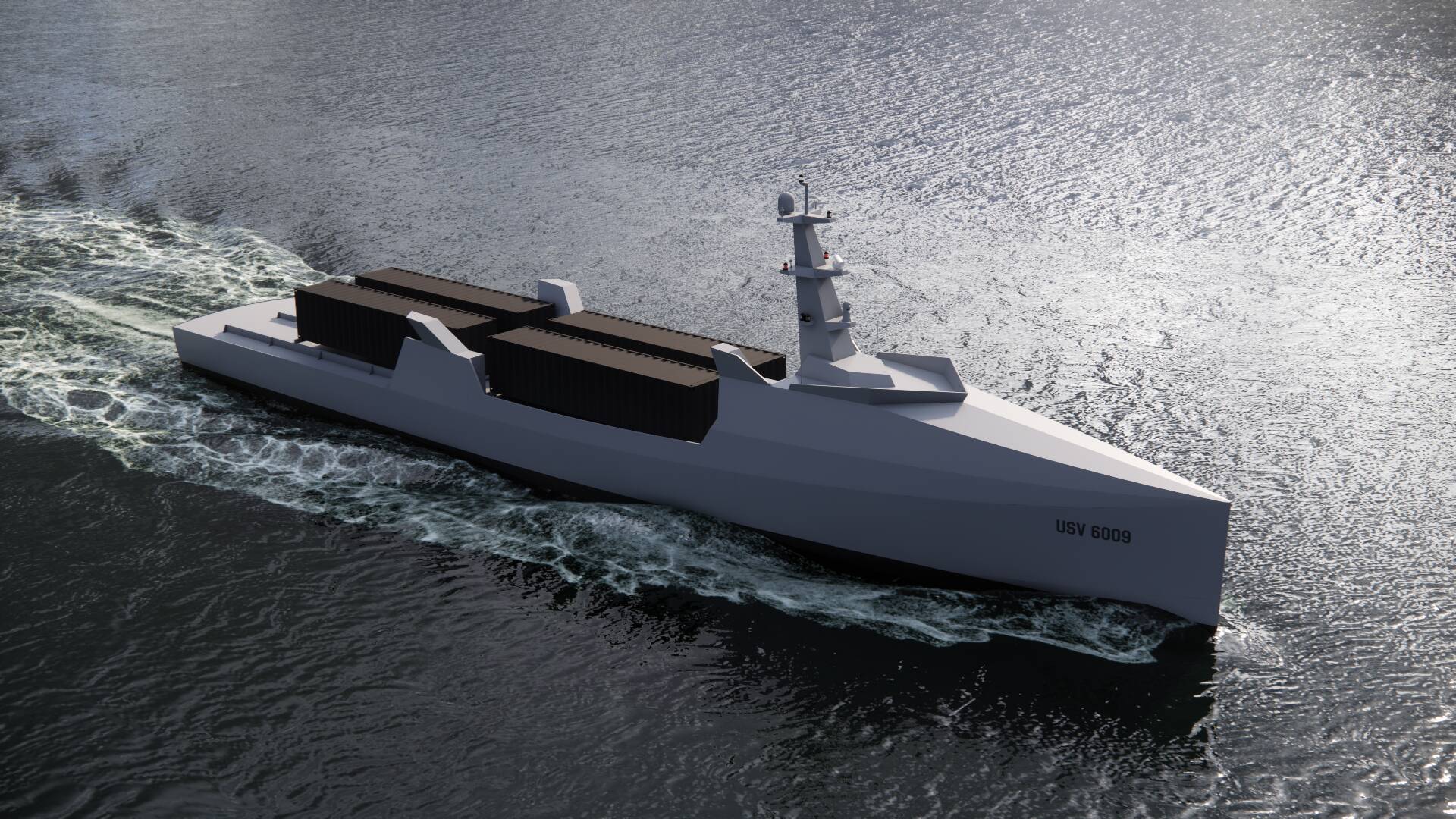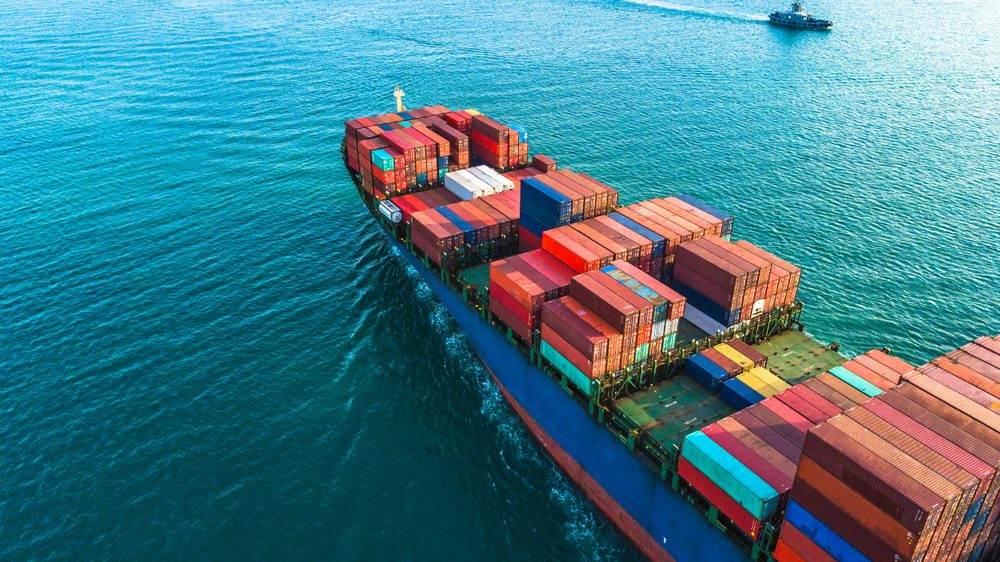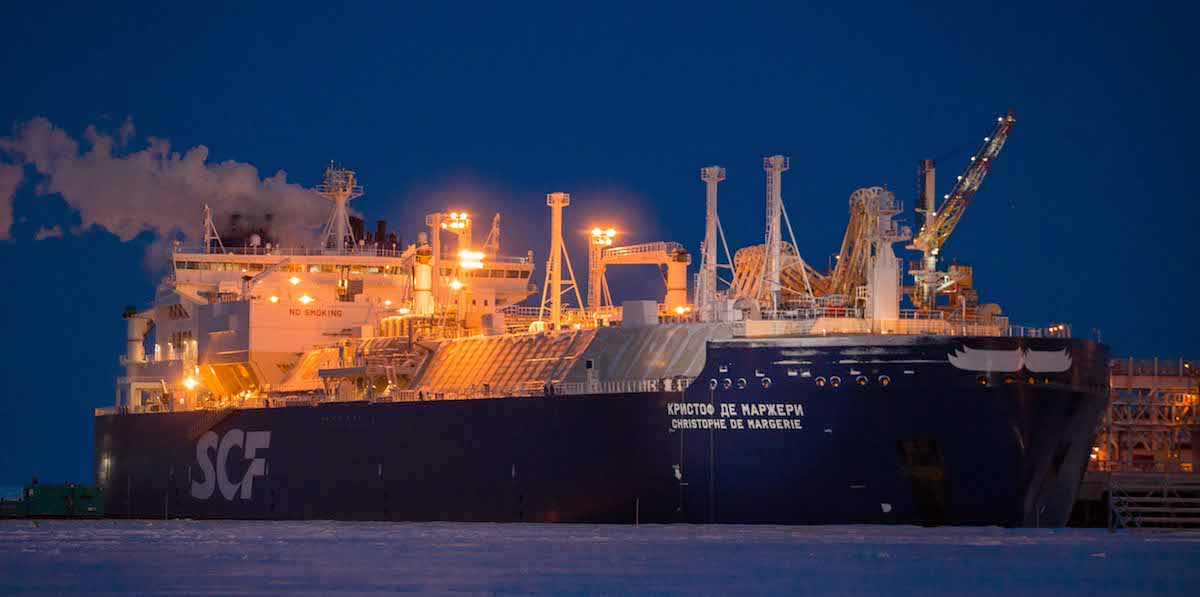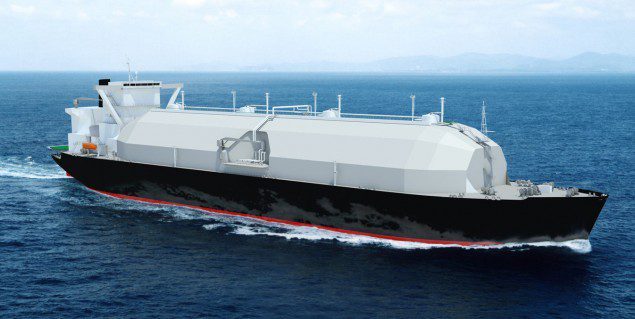
Mitsubishi Heavy Industries (MHI) announced today that construction has commenced on the first ship in their Sayaendo series of new-generation LNG carriers.
This new ship is the first of two ships ordered jointly by Osaka Gas Co. and Mitsui O.S.K. Lines (MOL) in October 2011 and is being built at MHI’s Nagasaki Shipyard & Machinery Works.
To date, MHI has received orders for five Sayaendo Series carriers in total, including another ship ordered by MOL in June. MHI commented in their press statement that one of their key tenants going forward is the development of “eco-ships” such as the Sayaendo-class and other high-value-added products in its shipbuilding and ocean development business sector.
The Design
The Sayaendo Series has a hull shape that evolved from LNG carriers with Moss-type hemispherical tanks, and it offers significant improvements in fuel consumption and maintainability. The unit now being built is slated for delivery in the fiscal year 2014 (ending March 31, 2015).
Vessel Particulars:
- Length Overall: 288.0m
- Beam: 48.94m
- Draft: 11.55m
- GT/DWT: 138,000/75,000
- Storage Capacity: 153,000m3 of LNG (cargo tank total volume: 155,000m3)
It will be jointly owned by Osaka Gas International Transport Inc. (OGIT), a wholly owned subsidiary of Osaka Gas handling the operation of LNG carriers, and MOL, which will function as the ship management company.
To protect its four Moss spherical tanks, the Sayaendo features a peapod-shaped continuous cover integrated with the ship’s hull in lieu of a conventional hemispherical cover. This innovative configuration enables reductions in size and weight while maintaining the ship’s overall structural rigidity. The continuous cover over the tanks also improves aerodynamics by substantially reducing wind pressure, which serves as drag on ship propulsion. For its main power plant the Sayaendo adopts MHI’s “Ultra Steam Turbine Plant” (UST), a new turbine that provides higher thermal efficiency through effective use of thermal energy by reheating steam. Through downsizing, weight reduction and hull line improvement, the new ship achieves a substantial 25% reduction in fuel consumption per unit cargo compared to conventional ships.
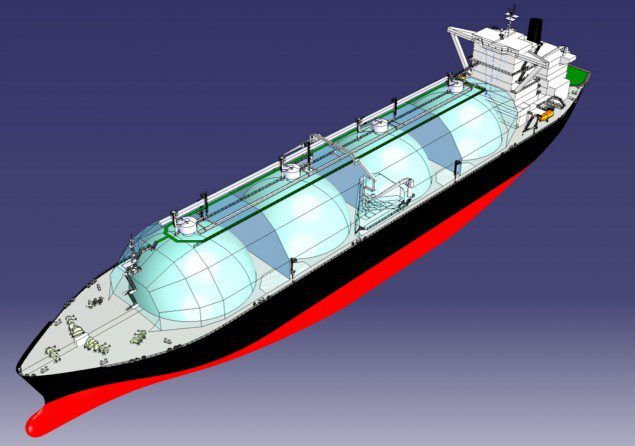
With a conventional cover configuration, pipes, wires and catwalks atop the tanks are supported by complex structures. By covering the tanks with an integrated cover and making those supporting structures unnecessary, the new design also improves maintainability. In addition, CO2 emissions are reduced as a result of decreased fuel consumption, and response to environmental issues is further enhanced with installation of a ballast water treatment system, which addresses impact on the marine ecosystem.
Images via MHI
Editorial Standards · Corrections · About gCaptain

 Join The Club
Join The Club



